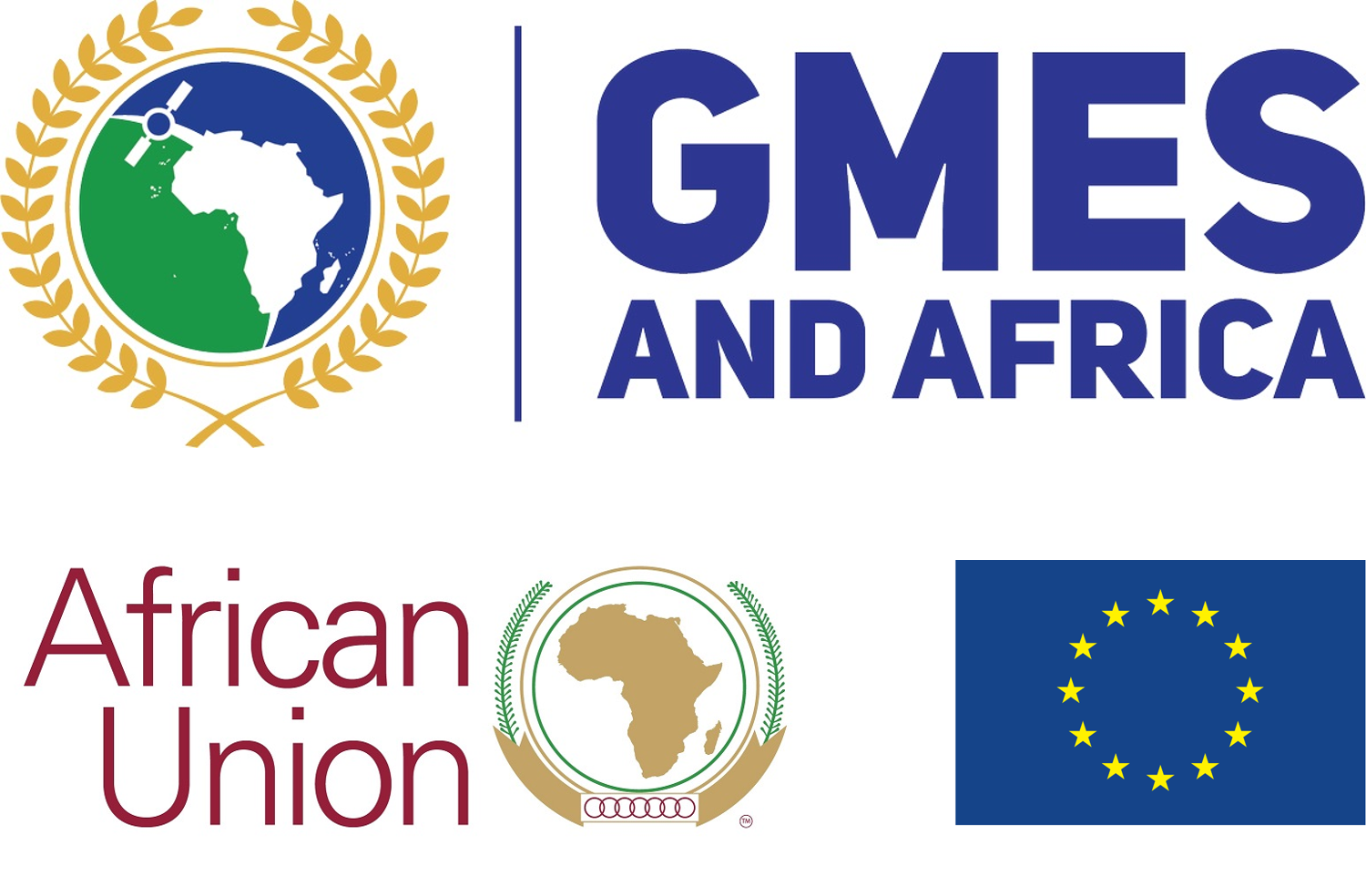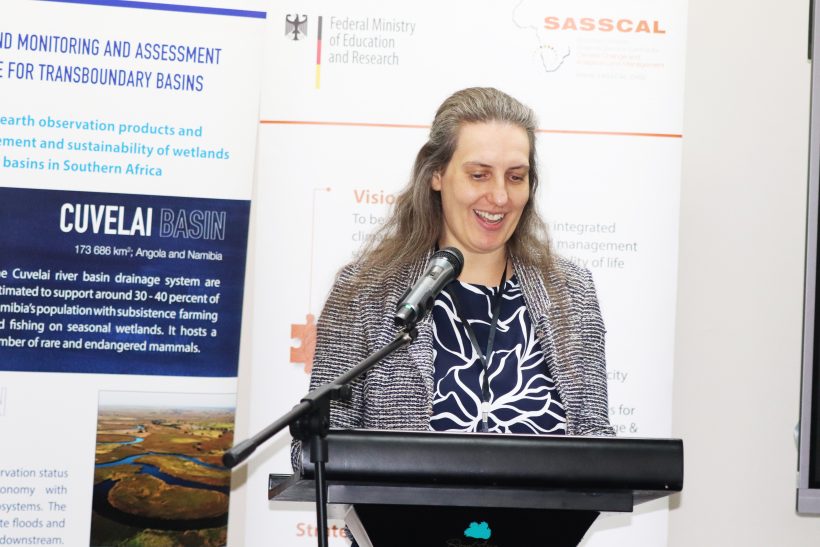Gaborone, Botswana – In a landmark event that underscores the power of international cooperation in the fight against climate change, the German Embassy in Gaborone, together with the Southern African Science Service Centre for Climate Change and Adaptive Land Management (SASSCAL), officially handed over 15 refurbished Automatic Weather Stations (AWS) to Botswana’s Department of Meteorological Services (DMS) on Thursday. The ceremony also marked the launched the Wetland Monitoring and Assessment Services for Transboundary Basins (WeMAST) Phase II training for stakeholders.
Speaking at the event, Ms. Simone Goertz, Head of Economic and Development Cooperation at the German Embassy, reaffirmed Germany’s steadfast support for Africa’s climate resilience initiatives. She cited Germany’s presence at the recent Africa Climate Summit in Addis Ababa, where African leaders called for enhanced support and financing mechanisms for climate adaptation and mitigation.
“Germany is a long-standing and reliable partner to the African continent. We are proud to support one of the region’s greatest challenges, the impacts of climate change,” said Goertz.
Germany’s climate commitments were also highlighted through its significant contributions to global climate finance mechanisms. The country is the largest donor to both the Green Climate Fund and the Global Environment Facility, and plays a leading role in several specialized climate funds supporting vulnerable countries.
A Decade of SASSCAL Support
Since 2012, Germany has invested over €120 million in SASSCAL programs, focusing on three key pillars:
- Research: Supporting interdisciplinary projects such as SASSCAL 2.0, involving 52 institutions working on food and water security, biodiversity, and sustainable forest management;
- Education: Building academic capacity through scholarships and graduate programs in Integrated Water Resources Management;
- Data Infrastructure: Providing open access to climate data from 164 automated weather stations via a regional platform hosted in Namibia.
Advancing Climate Science and Data Infrastructure
The refurbished AWS units handed over to the DMS represent a crucial upgrade to Botswana’s national climate data infrastructure. Through integration into the SASSCAL WeatherNet platform, the stations will contribute to improved regional cooperation and more effective data-driven decision-making in climate adaptation strategies.
In parallel, the launch of WeMAST Phase II introduces innovative Earth Observation tools for wetland monitoring in transboundary river basins. These tools blend satellite data with ground-based observations to support sustainable resource management and policy development.
“These two initiatives showcase how science and technology can work hand-in-hand to address shared environmental challenges,” Goertz noted. “By linking local data with advanced tech solutions, we build a resilient future.”
A Model for Regional Cooperation
Botswana, Angola, Namibia, Zambia, and South Africa continue to collaborate closely under the SASSCAL framework, with Germany serving as a committed partner in both funding and expertise.
Goertz concluded by calling for continued regional and international cooperation:
“Today is more than a celebration of achievements it’s a call to action. The fight against climate change requires us all to work together, and I am confident that this partnership will continue to deliver meaningful results.”
With growing challenges posed by climate change across Southern Africa, initiatives like SASSCAL and WeMAST represent not only critical investments in infrastructure and knowledge, but also a model for international cooperation toward a sustainable and climate-resilient future.




Leave a Reply